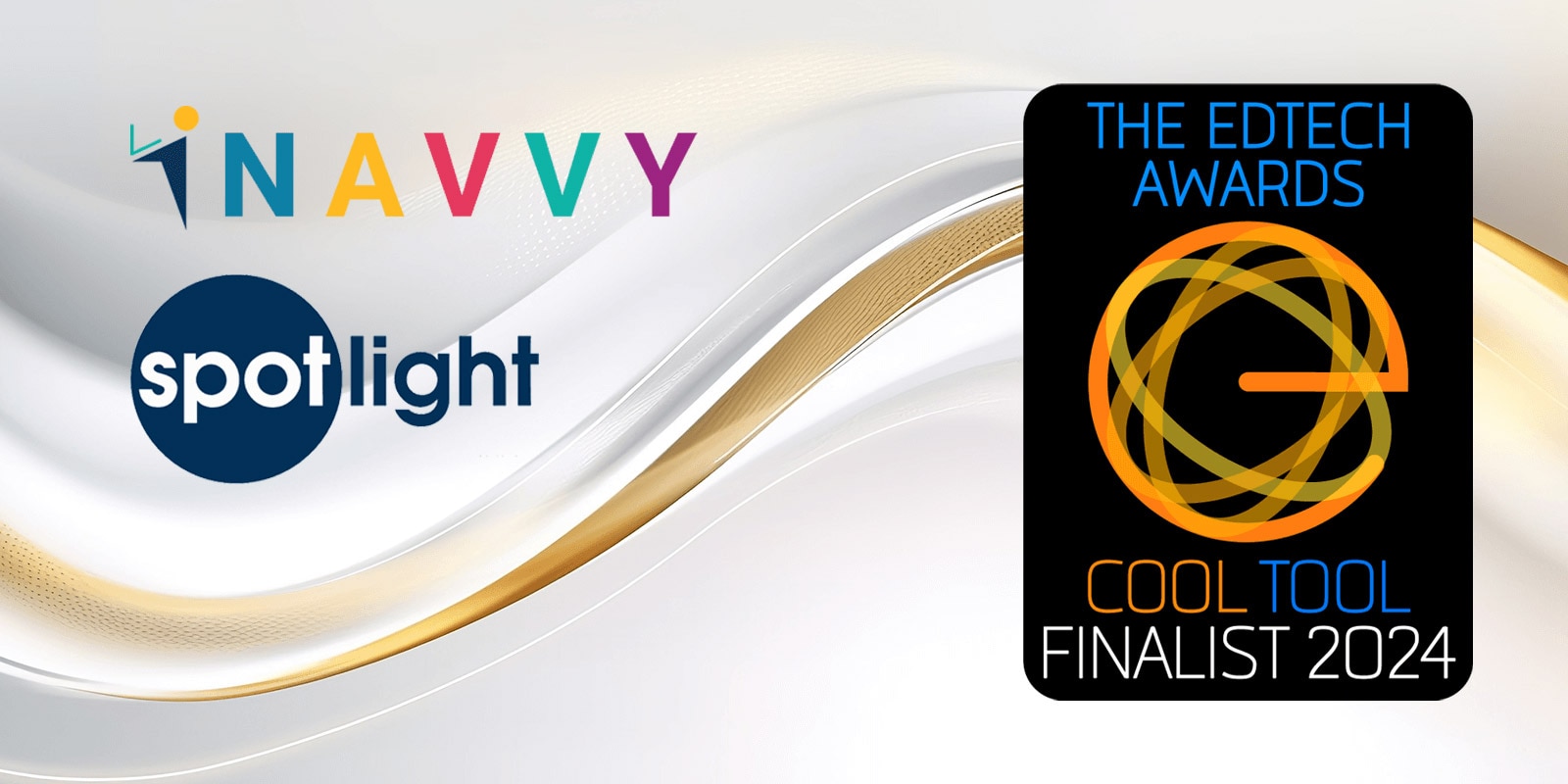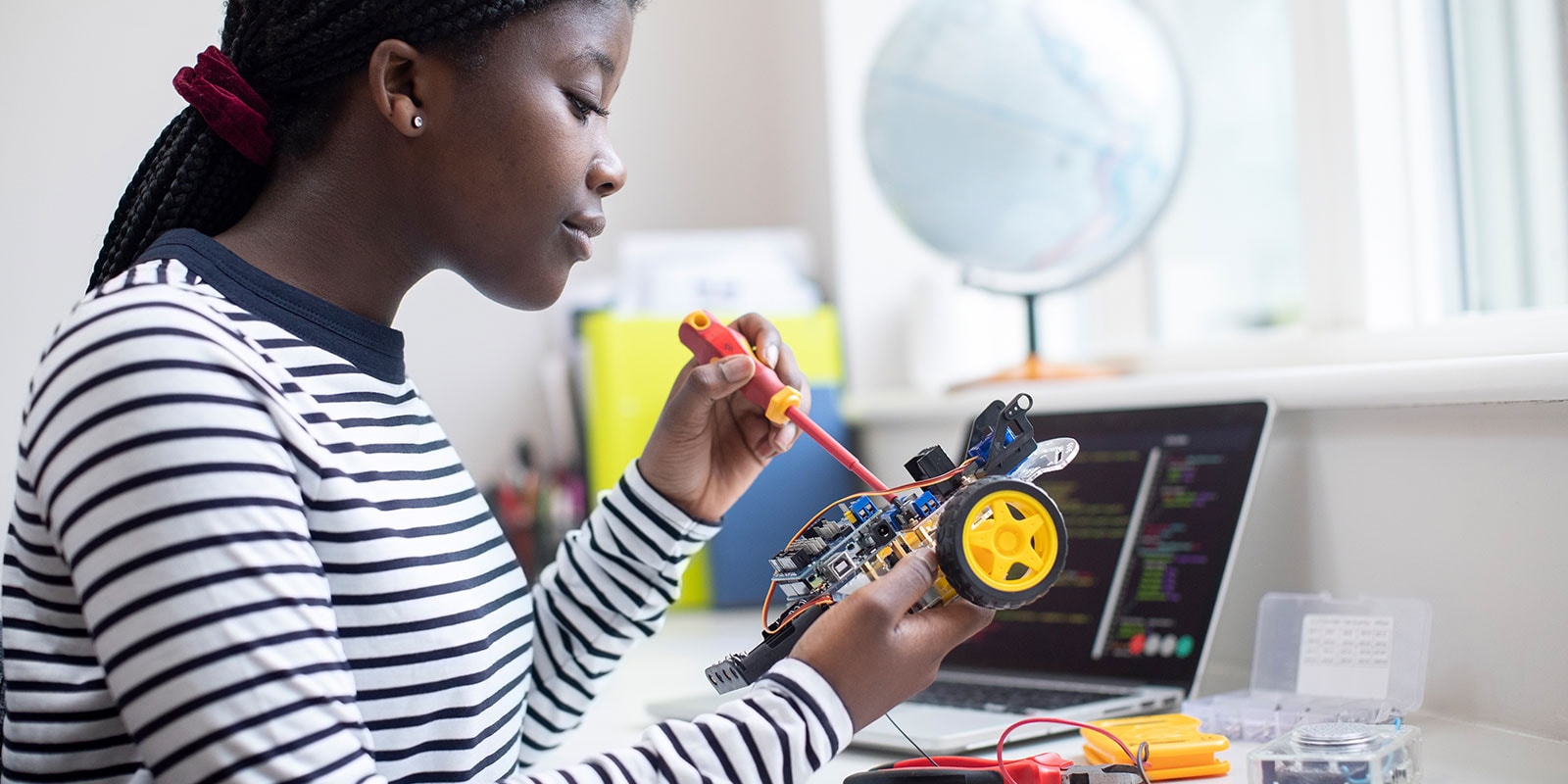Classroom assessments don’t have to be a burden. Here are five ways to leverage them to help both educators and students.

Assessments take up too much time, K–12 educators and leaders say. This is the most frequently cited challenge in a new national survey by Pearson Assessments and K–12 Dive’s studioID (stay tuned for these survey insights in our research report).
Most of the educators surveyed say they use formative assessments (69%), teacher-created assessments (67%) and progress-monitoring assessments (66%) as well as state-mandated summative assessments. But fewer than half believe their current assessments are “very effective” at measuring students’ understanding. And only 38% strongly agree that assessments let them pinpoint student needs.
So how can leaders ease the burden on teachers and make assessment more effective? Here are five ways to achieve those goals:
Read more






